Alexis Wong, a Hong Kong-based trader who’s been exporting medical masks since the early days of the covid-19 crisis, says the business brings out every species of crook. But she likes to joke that the market for the iconic N95 mask is in perfect balance.
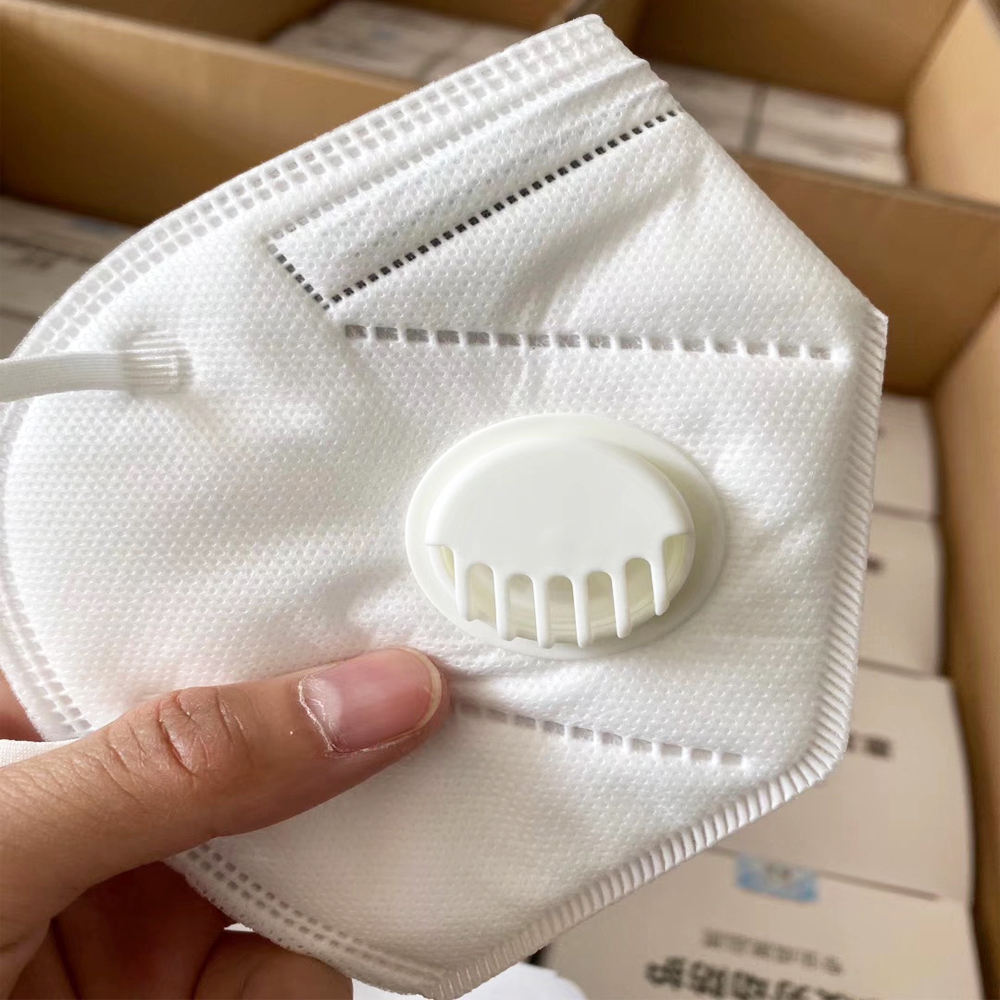
The international market for desperately needed medical masks is riddled with fraud. Up and down the supply chain, from factories to hospitals, opportunists are benefiting from the chaotic market as prices have quintupled. Rampant price gouging and fraud has provoked dozens of lawsuits and hundreds of cease-and-desist orders, from major mask manufacturers as well as state attorneys general.
While profiteers and crooks make their fortunes, medical workers across the United States are rationing masks, recycling them and treating infected patients without them. The federal government has taken steps to address the shortages, but emergency management experts say the efforts were distressingly inadequate. The Trump administration ignored early warnings that it needed to shore up its stockpile of masks and other personal protective equipment and has fallen behind several other Western nations in the race to secure them, documents and interviews show.
Current and former government officials interviewed by The Washington Post say the most powerful country in the world should not have suffered from shortages of a basic, low-tech product.
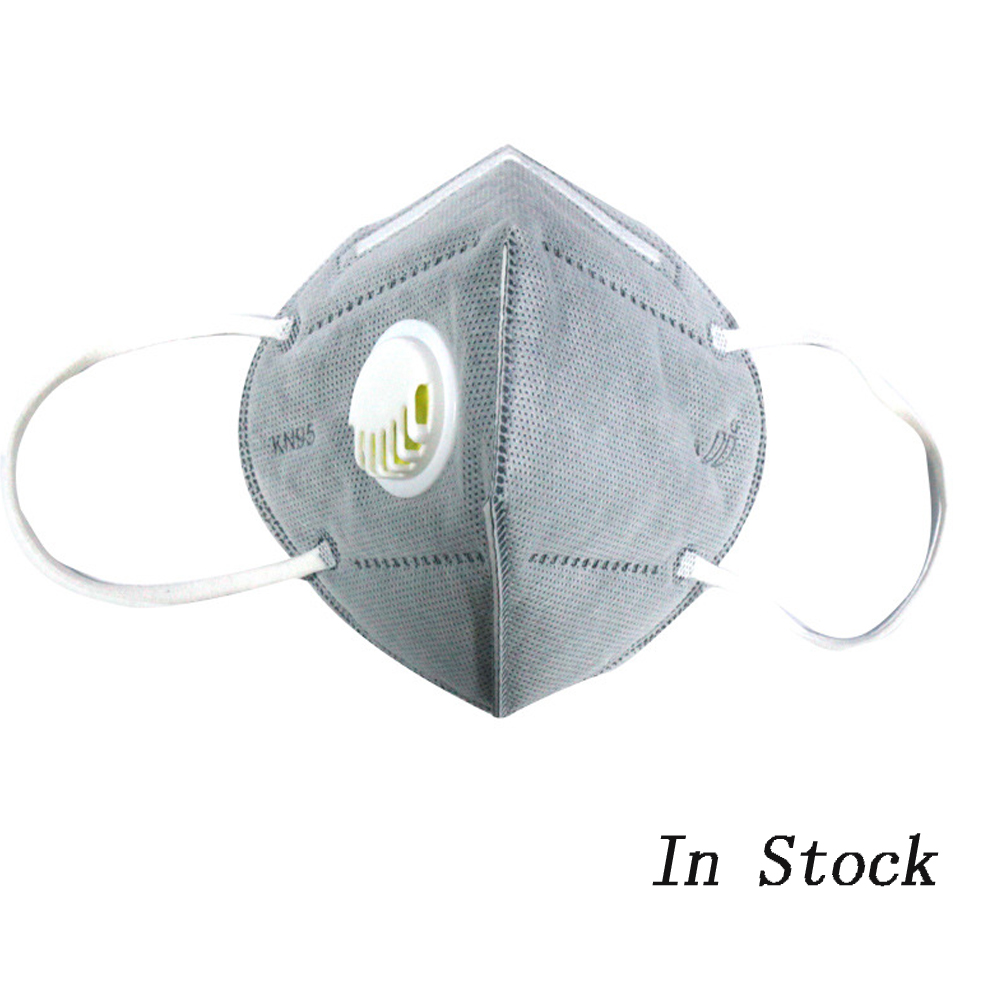
“The lack of preparation and coordination has been appalling,” said Stephen S. Morse, an epidemiologist at Columbia University who has advised Republican and Democratic administrations on planning for a pandemic.
Sign up for our Coronavirus Updates newsletter to track the outbreak. All stories linked in the newsletter are free to access.
“In past disasters, the federal government, with its enormous buying power, took the lead in procurement,” he said. “This time, federal inaction forced states into competing with each other for these scarce products. ”
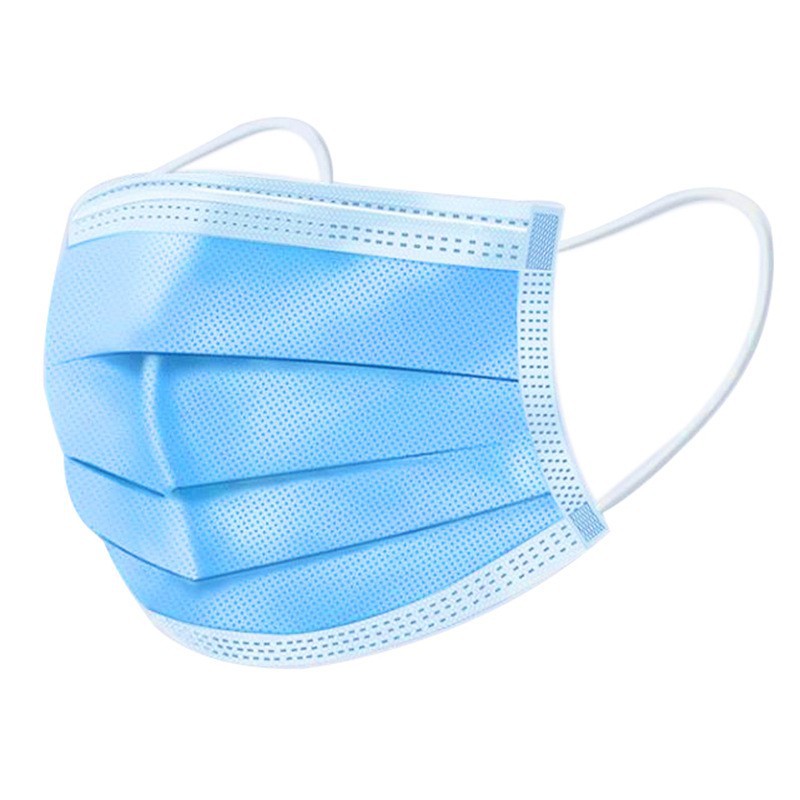
Canada moved more quickly to manage the crisis. Early on, Prime Minister Justin Trudeau focused on the logistics of shipping and manufacturing. He assigned a team to develop a plan to expand domestic manufacturing of masks and immediately obtain supplies from the world’s largest producer of PPE: China. Canada’s mask procurement operation has not been problem-free — some large orders have fallen through or not passed muster with inspectors — but overall the country achieved faster and better results than the United States.
U.S. government efforts to procure masks hit another setback last week, when the Food and Drug Administration partly reversed course on an initiative designed to increase availability. Since April 3, it had been allowing a class of Chinese-made masks to be imported for hospital use despite not meeting previous U.S. regulatory standards. On Thursday, the FDA sharply cut the number of Chinese manufacturers cleared for import after finding that some masks did not provide the promised protection. The reversal has sown confusion among the Chinese manufacturers on which the United States depends for key supplies.
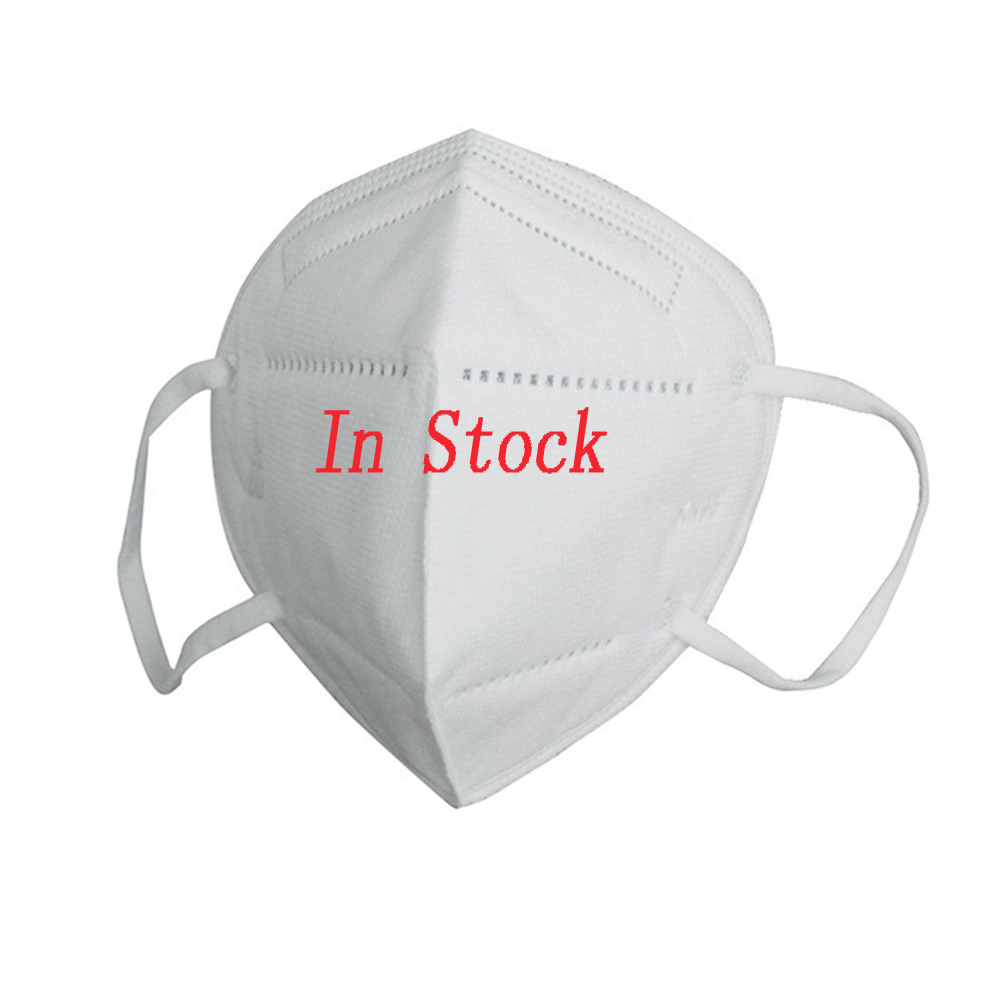
“This is an unprecedented pandemic and while the FDA continues to take action to balance the urgent need of supplies of respirators for health care personnel, we are also doing everything in our authority to ensure health care personnel receive adequate protection,” agency spokeswoman Brittney Manchester wrote in an email.
The federal government’s long-standing estimate is that the United States needs 3.5 billion masks to respond to a serious pandemic. As of May 7, according to the Federal Emergency Management Administration, the Department of Health and Human Services and the private sector had either “coordinated the delivery of or are currently shipping” 86.1 million N95 respirators. The government has lined up contracts to obtain another 600 million masks in the coming months, partly from U.S. manufacturers — such as Honeywell and 3M — that have ramped up domestic factory production.
The administration’s most touted program to ship protective gear, Project Airbridge, has distributed just 768,000 N95 masks, according to a recent Post analysis of the latest FEMA records.
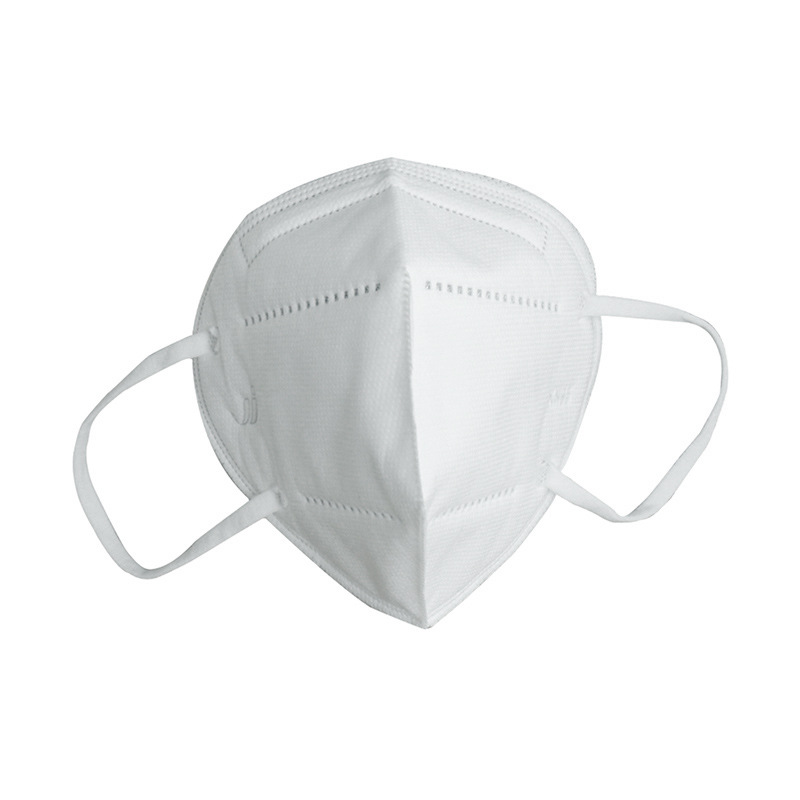
While some states and cities report improved stocks of medical masks, many areas in the United States remain dangerously short of what’s needed, according to interviews with state officials, nurses and other front-line providers.
President Trump recently disputed such accounts, including one nurse’s complaint of “sporadic” supplies of medical masks, telling nurses gathered May 6 in the Oval Office, “I’ve heard we have tremendous supply to almost all places.”
As the virus spread through parts of China in January, Wong searched fruitlessly in Hong Kong for masks for her young children. That’s when she saw a potential business opportunity.
Wong has worked in the high-stakes San Francisco real estate market and launched an Asia-based tech start-up. She knows the political contours on both sides of the Pacific. But she says she’s never faced a more dicey business than dealing in masks during a pandemic.

Her description of a daily dilemma to sort out legitimate deals from scams illustrates what U.S. states and hospitals encounter as they seek relatively small shipments of masks. Wong did not provide records documenting her volume of deliveries, but The Post confirmed at least two successful deals, including one with a Louisiana-based hospital chain. A review of business and court records in San Francisco shows that Wong built a sizable real estate business over the past decade, one that attracted civil lawsuits against her company and occasional liens for failure to pay taxes and franchise fees.
To secure mask contracts, Wong lines up buyers and sellers in a market that involves proof of funds on one side and proof of product on the other. Money goes into escrow accounts, while in-person or video evidence jokingly known as “proof of life” inspections are carried out to make sure the product really exists.
Much of that is normal in international trade. What is unusual, Wong said, is how much fraud there is.

“Imagine what it’s like to navigate this sea of sleaze to get people the masks they need,” she said.
Of all the potential mask buyers and sellers with whom she has come in contact, Wong estimates that less than 20 percent are real. Escrow provides some sanity: The buyer’s money goes into an account controlled by an independent agent and is only released when the transaction is confirmed.
But before that happens, Wong says she has to identify what’s real and what isn’t. She regularly sees sophisticated forgery of financial documents and even videos of fake caches of masks. She provided examples to The Post that reflected forged financial statements from banks including Chase and PNC with balances ranging from hundreds of millions of dollars to $3 billion.
Federal investigators have already charged a mask seller in the United States for wire fraud. On April 10 in Atlanta, federal authorities arrested and charged Christopher Parris, a 39-year-old businessman, after he offered to sell the Department of Veterans Affairs 125 million N95 masks. An affidavit filed by a federal special agent in the case states the businessman’s credentials were suspect and the masks, as it turned out, didn’t exist. Parris could not be reached and the attorney who represented him in a separate case in Rochester, N.Y., did not respond to a request for comment.
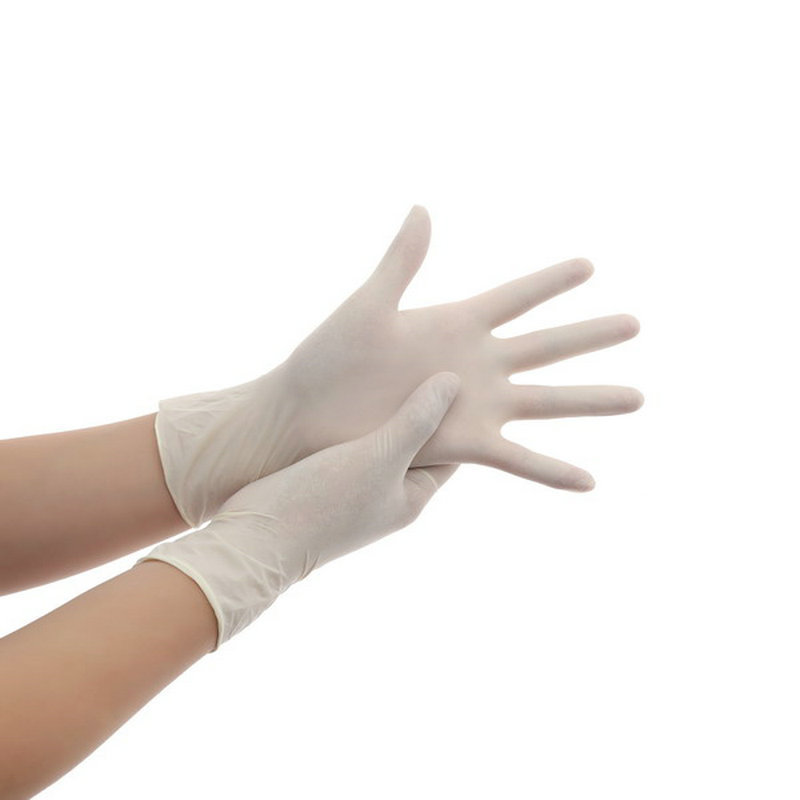
Several dozen state and local government officials, hospital executives and medical supply brokers interviewed by The Post in recent weeks echoed Wong’s account, describing a process riddled with lies.
Andy Beshear, a Democrat, had been serving as Kentucky’s governor for just a few months when the novel coronavirus hit his state. Beshear began holding 5 p.m. briefings each weekday, sometimes appealing for donations of personal protective equipment.
“This is a Breeders’ Cup of PPE,” he said in April, using a thoroughbred racing analogy to describe a recent mask donation. “It comes from Kentuckians, knowing what we’re fighting is the challenge of our lifetime and giving up the supplies that they have. It is the selfless, we’re-all-in-it-together attitude that we are seeing from everybody.”
In an interview, Beshear said his duty is to his own constituents first. “If I have to compete with other states, I will compete with other states.”
The mask shortage has been one of his most difficult challenges during the pandemic, though the state now has enough to expand testing significantly.
At one point, Kentucky paid $8.60 a piece on an order of 1,000 N95s, a number that wouldn’t supply an average hospital for long.
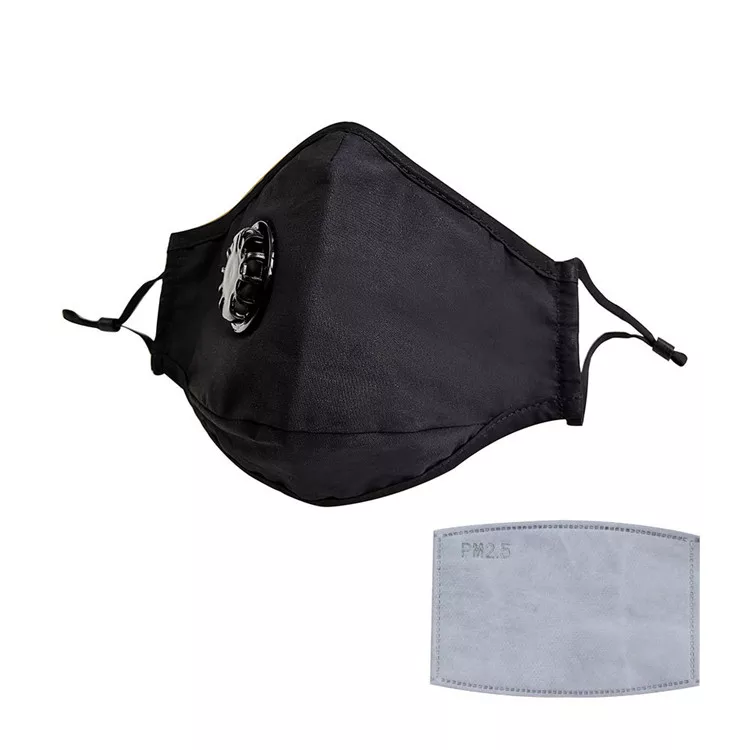
He recounted one incident where a company informed his aides that FEMA had rerouted Kentucky’s shipment of N95 masks. “They were diverted to one of the hot spots. I can’t argue with that, but it did add to our challenge.”
“Our hospitals are securing enough to get by, though our nursing homes are struggling,” he said. “The costs that we’re having to pay are outrageous, but at the same time, this a hundred-year pandemic.”
The same problems are filtering down to local governments across the country. Andrew Hime, a purchasing agent for Maryland’s Anne Arundel County, says he has been forced to navigate the treacherous foreign markets — an unfamiliar assignment for a local official.
“There are people we’ve never dealt with before, and we’re going to pay five times the normal price,” he said. “But they’re the only folks who are telling me that they can get product at a certain date.”
Justice Department investigates politically connected firm after it fails to deliver covid-19 supplies
Before the crisis, top quality N95 masks traded for about a dollar apiece, but those days are gone as global demand has shot way past supply. Hime says he is bombarded with offers that are steadily getting more expensive.
Among a bevy of promotional fliers is one decorated with a fuchsia-colored banner from Ontario-based Vanguard Pharma offering N95s for $6.30 each in mid-April. The company advertises itself on its website as “salesforce solutions” for the pharmaceutical industry but says nothing about sales of masks or other protective equipment.
Canadian antitrust lawyer Antonio Di Domenico, an expert in price-gouging laws, said that such markups could be a problem. The U.S. leading manufacturer of medical masks, 3M, says it has not changed the price it charges for the masks as a result of the pandemic.
“To the extent that companies are retailing N95 masks for large multiples over 3M’s list price — and there is evidence that their costs associated with bringing them to market do not justify the markup — then they could be exposed to prosecution under Ontario’s recently enacted price-gouging measures,” Di Domenico said.
Even a state behemoth like California has been beset by problems as it sought to obtain masks. On Monday, state officials were grilled by California State Assembly oversight committee looking into several troubled masks deals. The questions focused on the state’s decision in March to buy 100 million N95 masks from a new supplier, Blue Flame Medical. The state of Maryland terminated a contract earlier this month with Blue Flame after state officials said it failed to deliver on a $12.5 million contract for masks and other equipment.
A lawyer for Blue Flame said the company was acting in good faith in its dealings with California, Maryland and other clients.
In California, legislators wanted to know why the state contracted for such a huge number of masks with a company that had no track record. The state halted the contract and got an immediate refund after receiving a warning from Blue Flame’s bank.
“The sense of urgency and panic, trying to get supplies, rushing to compete with the federal government and other states, created the need for expediency,” the state’s treasurer, Fiona Ma, told legislators at the hearing.
California has also ordered 375 million N95s from BYD Precision Manufacture that the National Institute for Occupational Safety and Health determined this month did not meet all of its certifications. The firm has described the problems as “easily fixable,” and the state won’t have to pay until the masks win federal approval.
At every level, government officials are also having to find ways to filter out the crooks, gougers and incompetent players who have moved to take advantage of the crisis.
“It’s all taken a rhythm in government that government ain’t used to,” said Anne Arundel County Executive Steuart Pittman (D). Even now, he would welcome federal officials stepping in to make mass purchases. “But we can’t rely on the federal government.”
HHS officials were warned about this potential shortfall in late January, when one of America’s major mask manufacturers emailed former HHS official Rick Bright, offering to open the company’s closed factories to boost domestic production of masks. While Bright warned department officials of the need to rebuild the stockpile, according to a whistleblower complaint, no one took Prestige Ameritech chief executive Mike Bowen up on his offer.
Rep. Lloyd Doggett (D-Tex.) said in an interview that the warnings the administration received in January to bolster the nation’s stockpile amounted to “a flashing red light.”
“Words are inadequate to describe the inaction,” he said. “So much of this was preventable. It did not have to happen this way.”
In mid-March, a White House task force assembled by Jared Kushner, Trump’s son-in-law and senior adviser, and staffed by inexperienced volunteers began vetting potential suppliers to import masks from abroad.
In an email exchange from late March obtained by The Post, an executive at an Australian trading company expressed bewilderment to one of the volunteers about the administration’s informal and disjointed approach to entrust such a critical mission to a group of novices. The Post withheld the names of the people in the correspondence as a condition of describing the email exchange.
The executive, who is a U.S.-based American citizen, was working with the task force to help the State Department navigate the supply chain and source masks from a factory in China.
“I am a volunteer working on the White House Task Force combating COVID-19,” the task force member wrote to the executive. “We’ve been doing this for a while now and have outlined a process to make everything move smoothly.”
The task force member outlined a multistep process and included a link to a U.S. procurement website. He said the team would require an inspection of the factory to proceed.
“No offense, but is this a joke?” the executive replied. “The world is burning down, you guys are volunteers, who is coordinating this? Volunteers?”
Kushner’s office did not respond to a request for comment about the email exchange, though the White House senior adviser has defended his volunteers in a statement. “The bottom line is that this program sourced tens of millions of masks and essential PPE in record time and Americans who needed ventilators received ventilators,” Kushner said. “These volunteers are true patriots.”
By the time the task force started reaching out to find new suppliers of N95 masks, it may have already been too late for the United States to make a big move.
Christopher Kirchhoff, who was director for strategic planning on the National Security Council in the Obama administration, says there were two ways to make sure the United States had enough critical supplies to handle the crisis.
“Use the free market. Or use the federal departments whose mission it is to source and allocate scarce resources in a public emergency.”
Trump has been reluctant to make broad use of federal power, such as invoking the Defense Production Act, the Korean War-era statute that gives presidents the authority over factories and supply chains to secure critical equipment.
The shortage has forced American hospitals, fire departments and paramedics into agonizing choices this spring to not resuscitate infected patients who go into cardiac arrest because of concern for medical staff members.
Trump briefly invoked the Defense Production Act, requiring 3M to cease delivering masks to foreign buyers who had contracted for them. But the president’s instructions were later changed in part because of concerns it could result in retaliatory action against the United States.
While the Trump administration left much of the heavy lifting to the states, other countries had a national strategy. The government of France alone has bought 2 billion face masks, including 400 million N95s.
In an interview, Kieke Okma, a former Dutch health official, said that because of their centralized medical systems, European countries, including her own, already have systems in place to buy and distribute medical equipment in bulk for hospitals.
In Canada, government and private sector officials said this week that their own shortage of N95 masks had largely been resolved, at least for now.
The short-term effort was led in part by Canadian diplomats and consultants in Beijing and Shanghai who developed connections to manufacturers. The Canadians then leased warehouse facilities in China to be sure that the acquired masks were secure before they passed through customs on their way to Canada.
In Ottawa, Trudeau’s government asked the country’s two major airlines to set up an air bridge bringing supplies quickly into the country. Once the masks arrived, federal officials worked with provincial leaders to distribute them where they were most urgently needed, Canadian officials said.
The country also fought gouging aggressively. As the pandemic spread, two provinces passed new laws against the practice, and others encouraged more aggressive enforcement of existing laws.
Canada may also have benefited from relatively calm diplomatic relations with China as tensions were spiking with the United States.
Kirchhoff, who in 2016 wrote a White House paper on lessons learned from the Ebola epidemic, says the Trump administration missed an opportunity to alleviate the shortages with bold, early action.
“This administration’s response introduced chaos precisely because it did not mobilize the federal machinery it alone commands‚” he said.
Receive the most important pandemic developments in your inbox every day. All stories linked in the newsletter are free to access.
Receive the most important pandemic developments in your inbox every day. All stories linked in the newsletter are free to access.
Post time: May-19-2020
